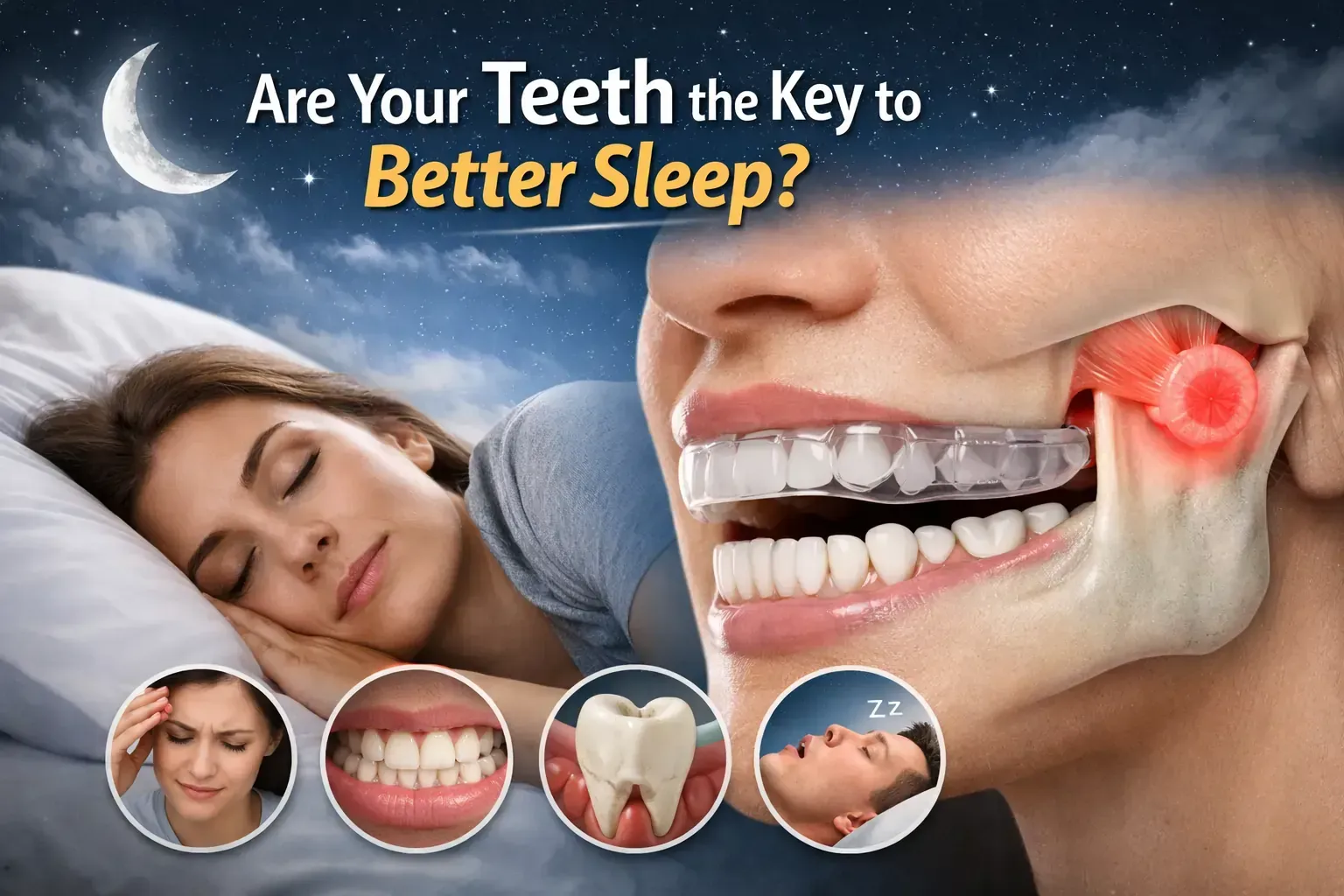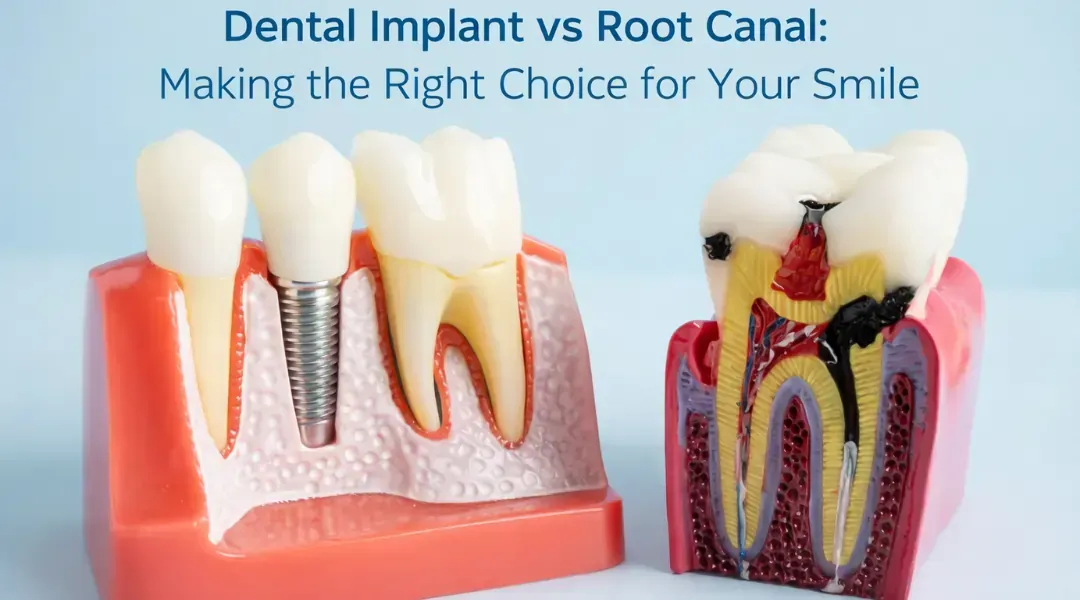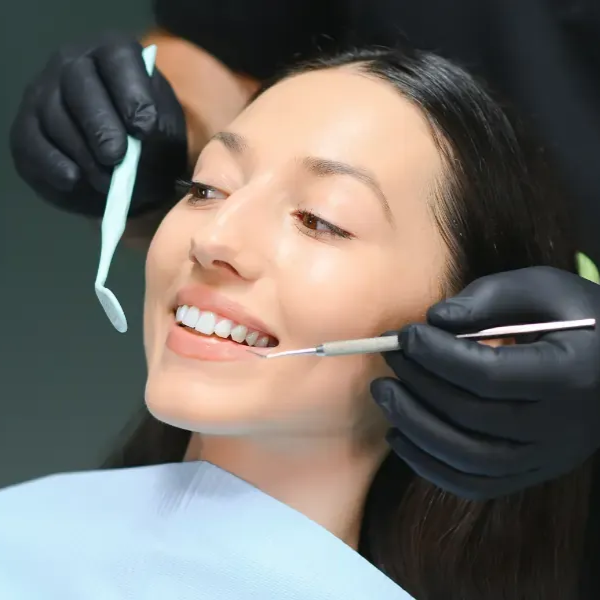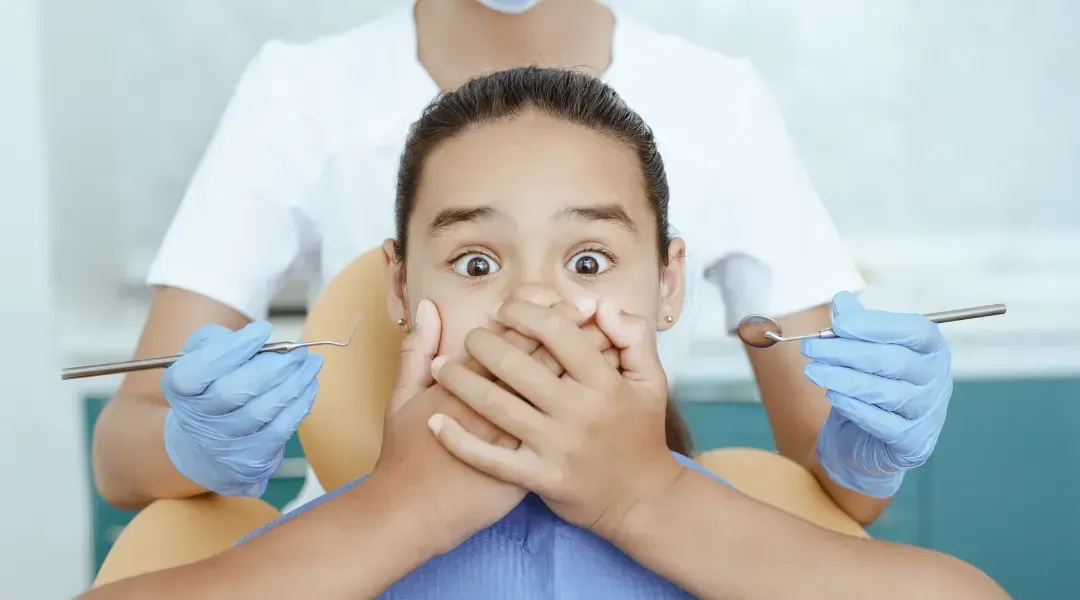Winter-Proof Your Smile: Essential Tips for Cold Weather Oral Care
Winter-Proof Your Smile: Essential Tips for Cold Weather Oral Care
Winter can be harsh on many aspects of our health, but did you know it can also impact your oral health? Cold temperatures, dry air, and lifestyle changes during winter can lead to various dental issues, including dry mouth, increased sensitivity, and even heightened risk for cavities. Protecting your teeth and gums during the colder months is crucial for maintaining a healthy, comfortable smile. In this blog, we’ll explore the effects of winter on oral health, provide essential tips for managing common issues, and highlight why regular dental check-ups are more important than ever during this season.
1. How Cold Weather Affects Your Oral Health
The colder months bring about changes in both our environment and habits, which can impact our oral health in multiple ways.
- Increased Sensitivity: Cold weather can make teeth more sensitive to temperature changes, especially if you already experience dental sensitivity. The sudden shift between warm indoor environments and cold outdoor air can cause tooth enamel to expand and contract, leading to micro-cracks and increased sensitivity. These tiny cracks can expose the underlying dentin layer, making your teeth feel extra sensitive to both hot and cold stimuli.
- Dry Mouth: Winter’s dry air, combined with indoor heating, can reduce moisture levels, leading to dry mouth. This condition can result in a decrease in saliva production, which is essential for washing away bacteria, neutralizing acids, and protecting teeth from decay. Reduced saliva can also lead to a higher risk of gum disease and cavities.
Chapped Lips and Gum Irritation: Cold air can dry out the sensitive skin of your lips and gum line, leading to irritation and discomfort. Additionally, exposure to harsh winds and cold air can exacerbate dryness, making your lips and gums feel raw or cracked.
2. Tips for Preventing Winter-Related Oral Health Issues
To counteract the impact of cold weather on your oral health, here are some effective strategies to keep your mouth healthy and comfortable:
a. Stay Hydrated
Hydration is key to maintaining a healthy mouth, especially in winter when dry air and indoor heating can lead to dehydration. Drinking enough water helps maintain saliva flow, which is essential for washing away food particles, bacteria, and acids. Aim to drink at least eight glasses of water a day, and consider carrying a water bottle with you to stay hydrated throughout the day. Also, limit your intake of caffeinated beverages like coffee and tea, which can contribute to dehydration and dry mouth.
b. Use a Humidifier
Running indoor heaters can make the air in your home particularly dry, which can worsen dry mouth and lead to chapped lips and irritated gums. Using a humidifier in your home, especially in your bedroom at night, can help add moisture back into the air, preventing dryness in your mouth and throat. This simple step can make a noticeable difference in keeping your oral tissues comfortable.
c. Opt for Toothpaste for Sensitive Teeth
If you experience heightened sensitivity in winter, using a toothpaste designed for sensitive teeth can provide relief. These types of toothpaste contain ingredients that block the tiny tubules in the dentin layer, reducing sensitivity over time. Look for products with potassium nitrate or strontium chloride, as these ingredients are proven to alleviate sensitivity by shielding nerve endings from exposure to cold temperatures.
d. Protect Your Lips and Gums
Protecting your lips and gums from harsh winter conditions is essential to maintain comfort and prevent cracking. Use a moisturizing lip balm with SPF to shield your lips from both the sun and wind. Applying lip balm frequently can help prevent chapping and discomfort. For your gums, consider using a fluoride mouthwash to strengthen your teeth and gums against cold-related sensitivity. Wearing a scarf over your mouth when heading outdoors can also offer extra protection from the cold air.
e. Avoid Mouth-Breathing
Mouth-breathing, especially common in winter when people often have nasal congestion, can dry out the mouth and reduce saliva flow. If you’re prone to congestion, try using a nasal saline spray or a decongestant to help you breathe through your nose instead. Practicing proper breathing techniques can keep your mouth hydrated and reduce the risk of dry mouth.
3. Importance of Hydration for Oral Health in Winter
Hydration is a fundamental part of oral health year-round, but it becomes even more important in the winter. When your mouth is hydrated, saliva helps wash away bacteria and food particles, keeping your teeth and gums healthy. Here’s why hydration matters so much:
- Saliva Protection: Saliva plays a crucial role in neutralizing acids and washing away bacteria, thereby reducing the risk of cavities. In winter, your body may produce less saliva due to dry air, so drinking water consistently helps maintain this protective barrier.
- Healthier Gums: Dehydration can lead to inflammation, which may irritate your gums and lead to discomfort. Staying hydrated can reduce the risk of gum problems and keep your gums looking and feeling healthy.
- Fresh Breath: Saliva is essential for fresh breath, as it washes away particles that can lead to bad odors. A dry mouth can make bad breath worse, which is another reason why drinking water throughout the day is beneficial.
4. Prioritize Regular Dental Check-Ups
While it’s always a good idea to schedule regular dental check-ups, they become especially important during winter. Dental visits can help address seasonal dental issues before they escalate. Here’s why winter check-ups are a good idea:
- Spotting Sensitivity Issues Early: If you’re experiencing sensitivity, your dentist can evaluate the cause and provide treatments, such as fluoride applications or desensitizing agents, to protect your teeth during the colder months.
- Gum Health Assessment: Winter dryness can lead to inflammation or irritation in the gums, especially if you’re prone to dry mouth. During a dental check-up, your dentist can assess the health of your gums and provide guidance on managing dryness and sensitivity.
- Preventive Care: Preventive treatments, like fluoride varnish or dental sealants, can strengthen your teeth and reduce the risk of decay caused by winter’s dryness and temperature fluctuations.
5. Additional Tips for a Healthy Smile in Winter
- Limit Sugary and Acidic Drinks: Hot beverages like cocoa and cider are comforting in winter, but they often contain sugar, which can contribute to tooth decay. If you enjoy sweetened drinks, try to rinse your mouth with water afterward to reduce the impact of sugar on your teeth.
- Wear a Mouthguard During Outdoor Activities: If you participate in winter sports like skiing or snowboarding, wearing a mouthguard can protect your teeth from potential injuries. Winter sports can pose a risk to your smile, so take precautions to avoid damage.
- Brush and Floss Regularly: Winter can disrupt our routines, especially during the holiday season, but it’s essential to stick to regular brushing and flossing. Consistent oral care is crucial to keeping your teeth and gums healthy year-round.
Winter brings its unique set of challenges for oral health, from dry mouth to heightened sensitivity. However, with a few preventive steps, you can protect your teeth and gums and enjoy the colder months without discomfort. By staying hydrated, protecting your mouth from cold air, using a humidifier, and scheduling regular dental check-ups, you’ll be well-prepared to keep your smile bright and healthy all winter long.
Remember, your oral health matters in every season, so take these steps to winter-proof your smile and ensure lasting dental wellness.









